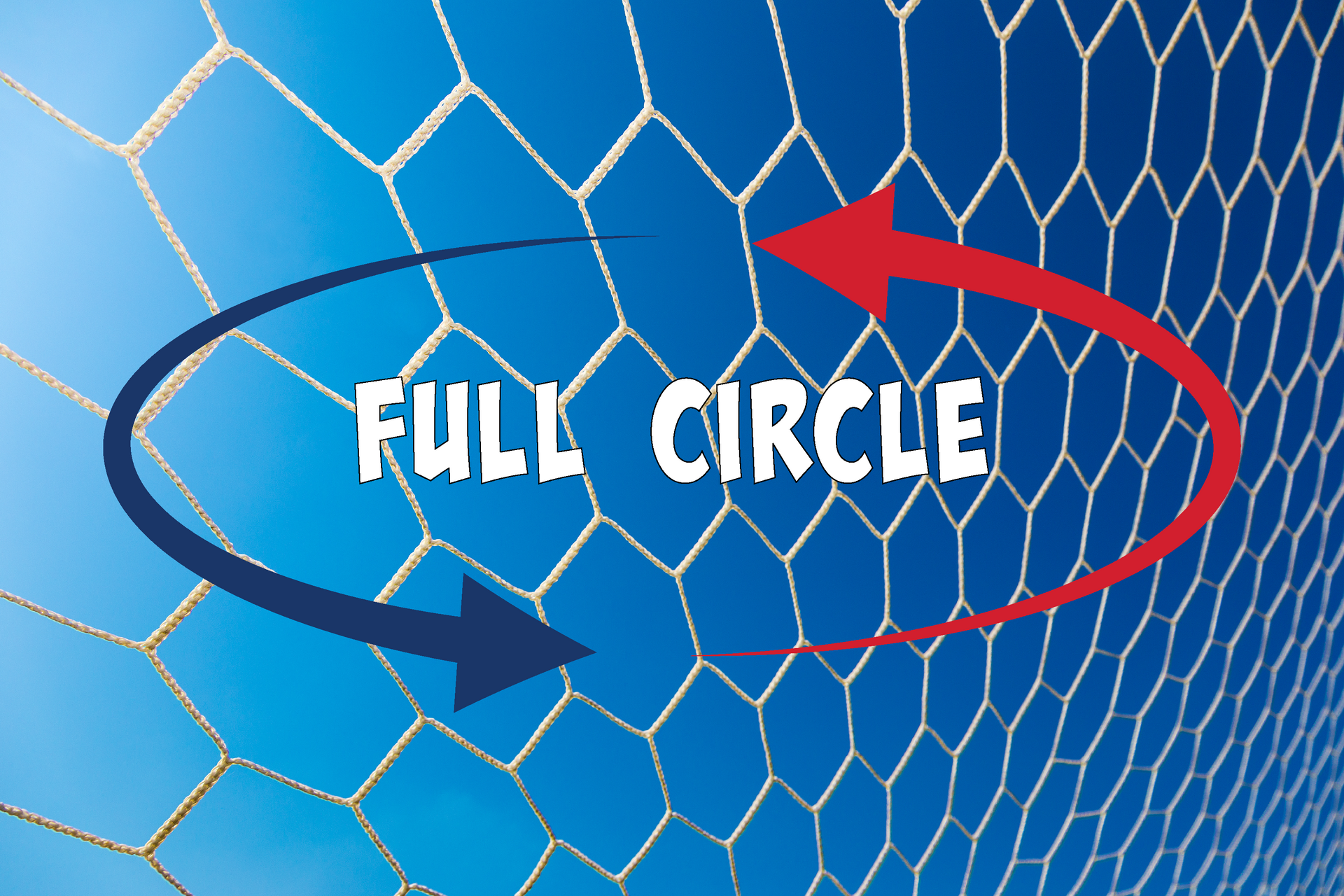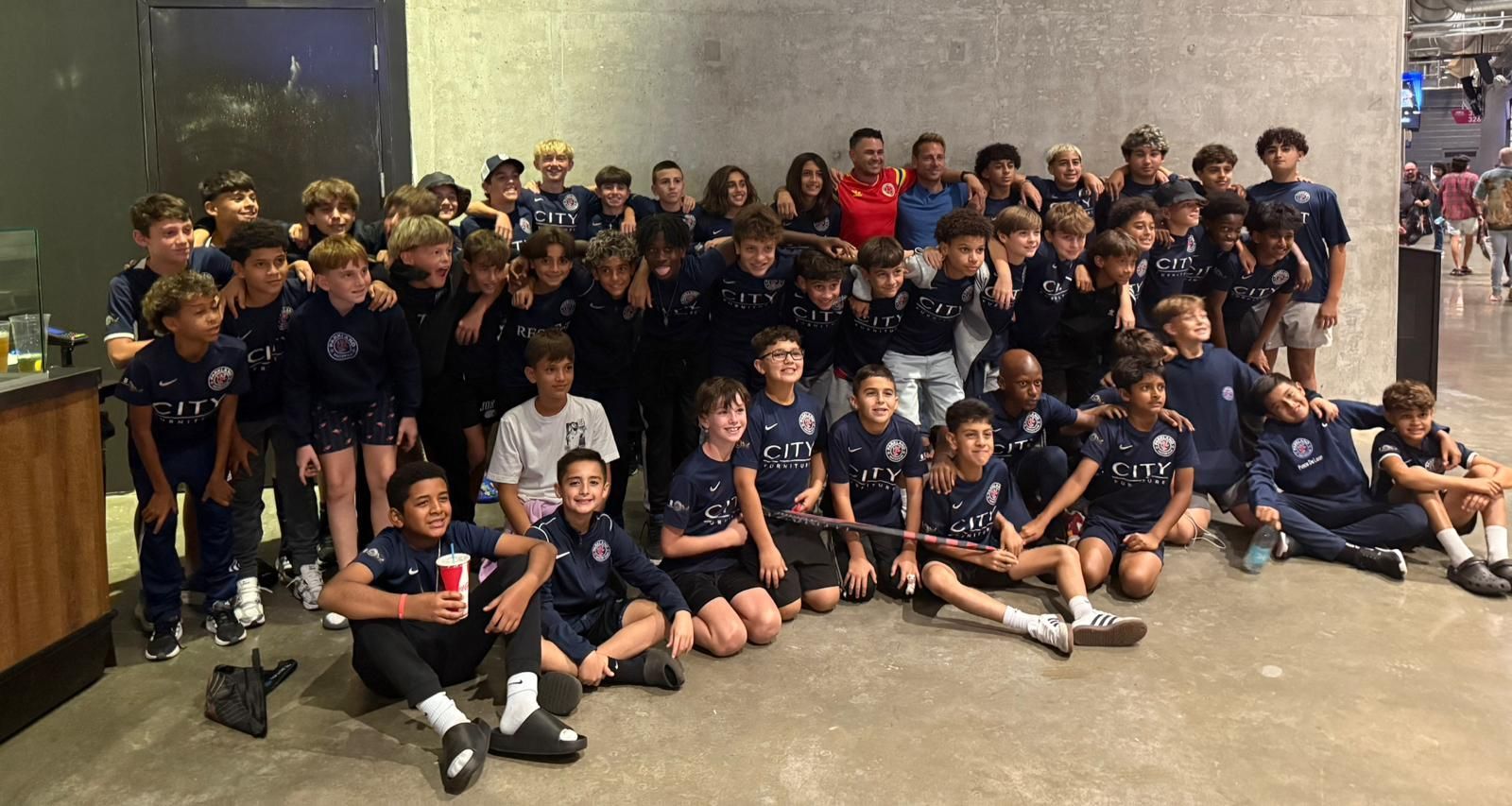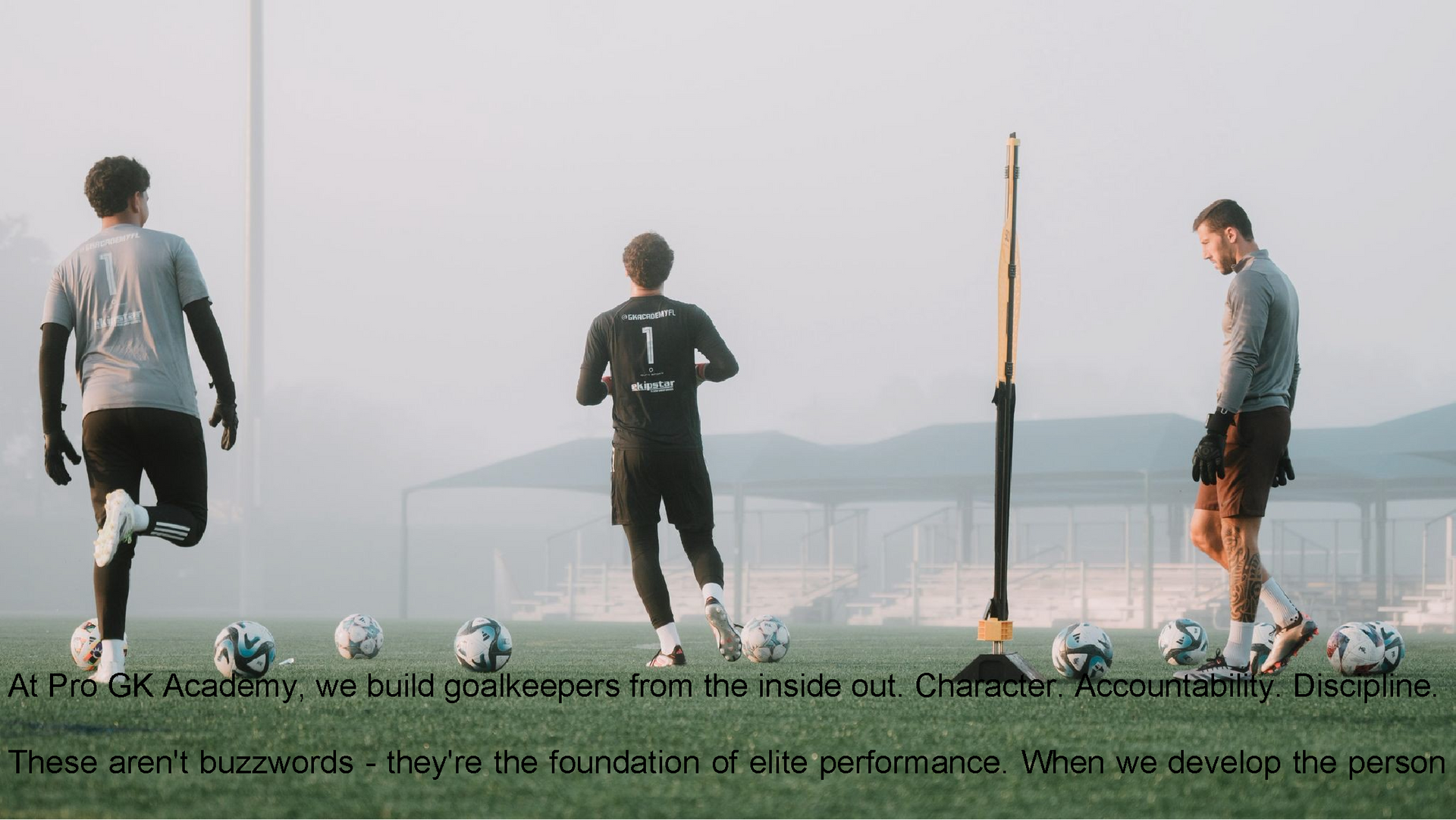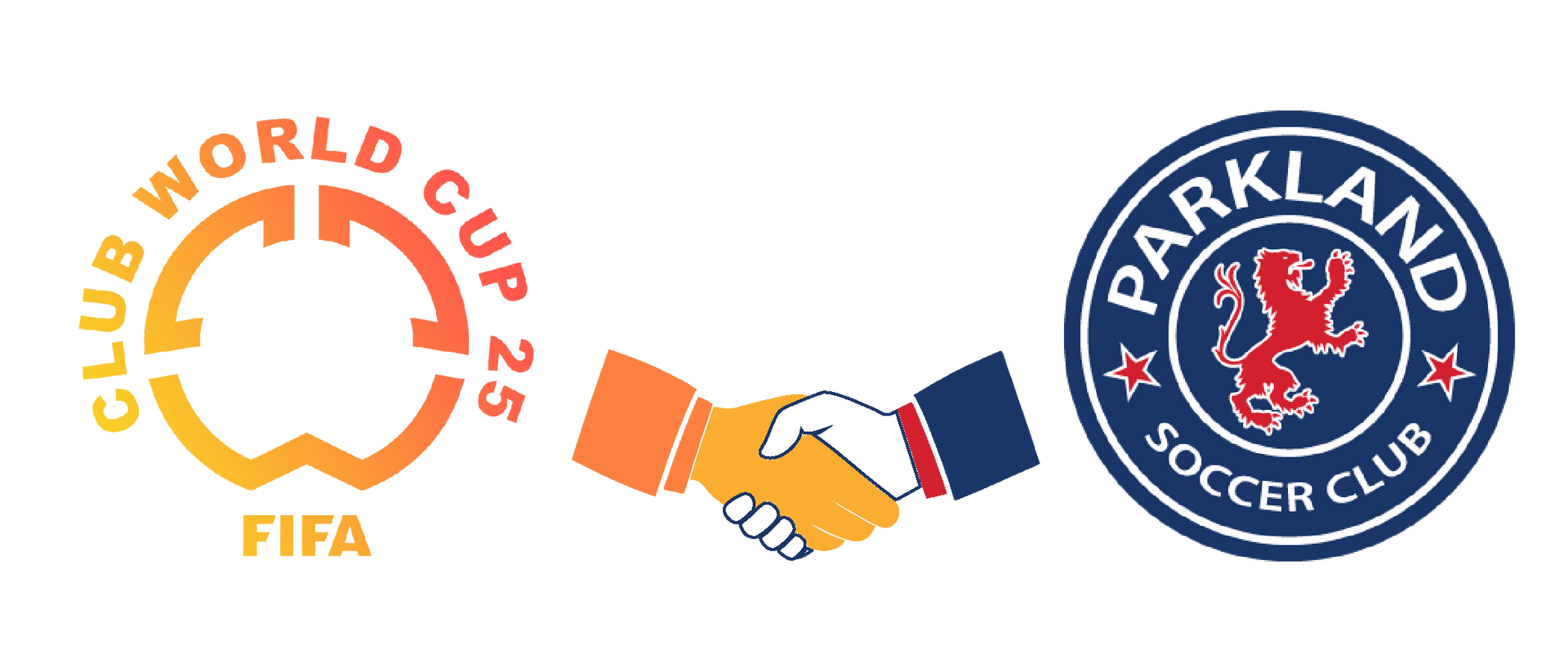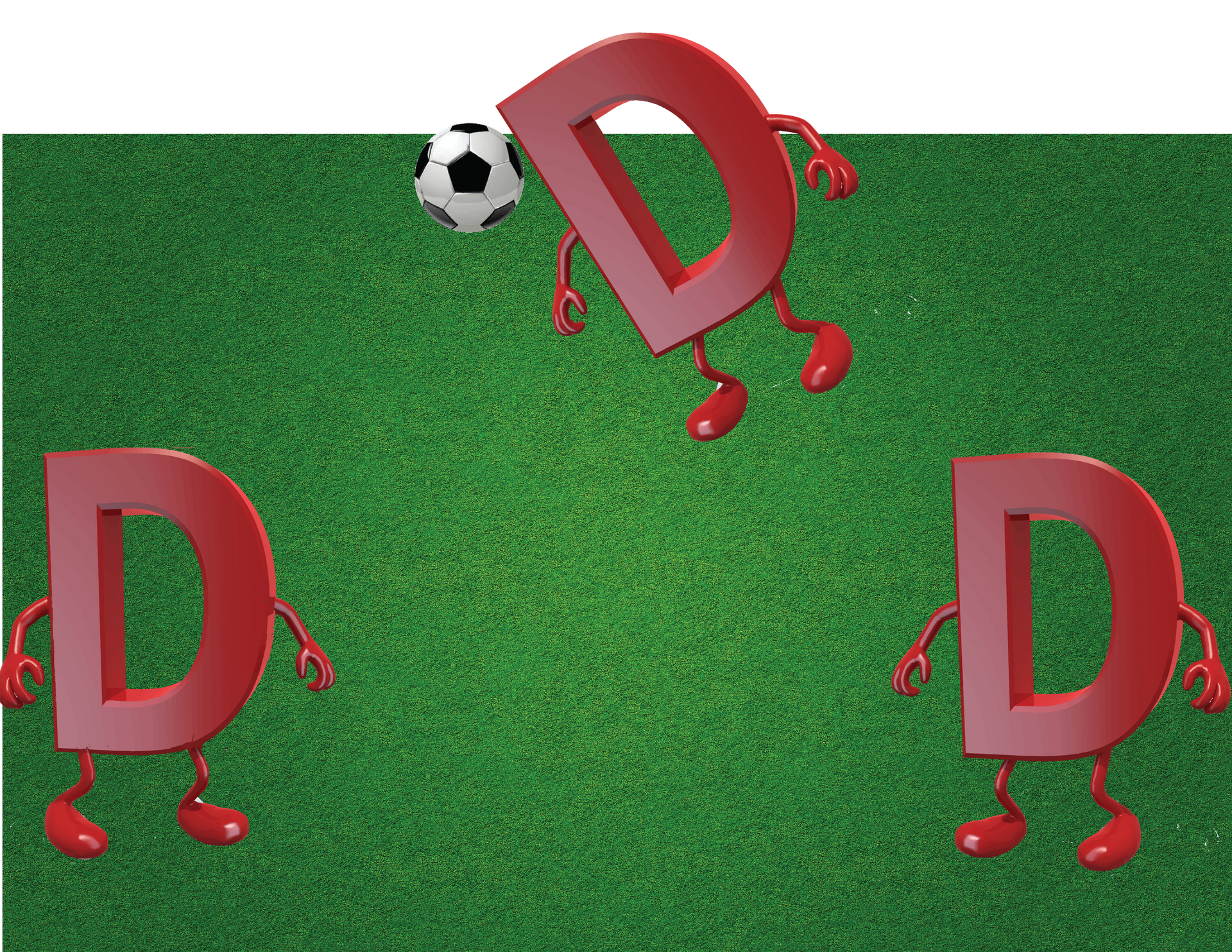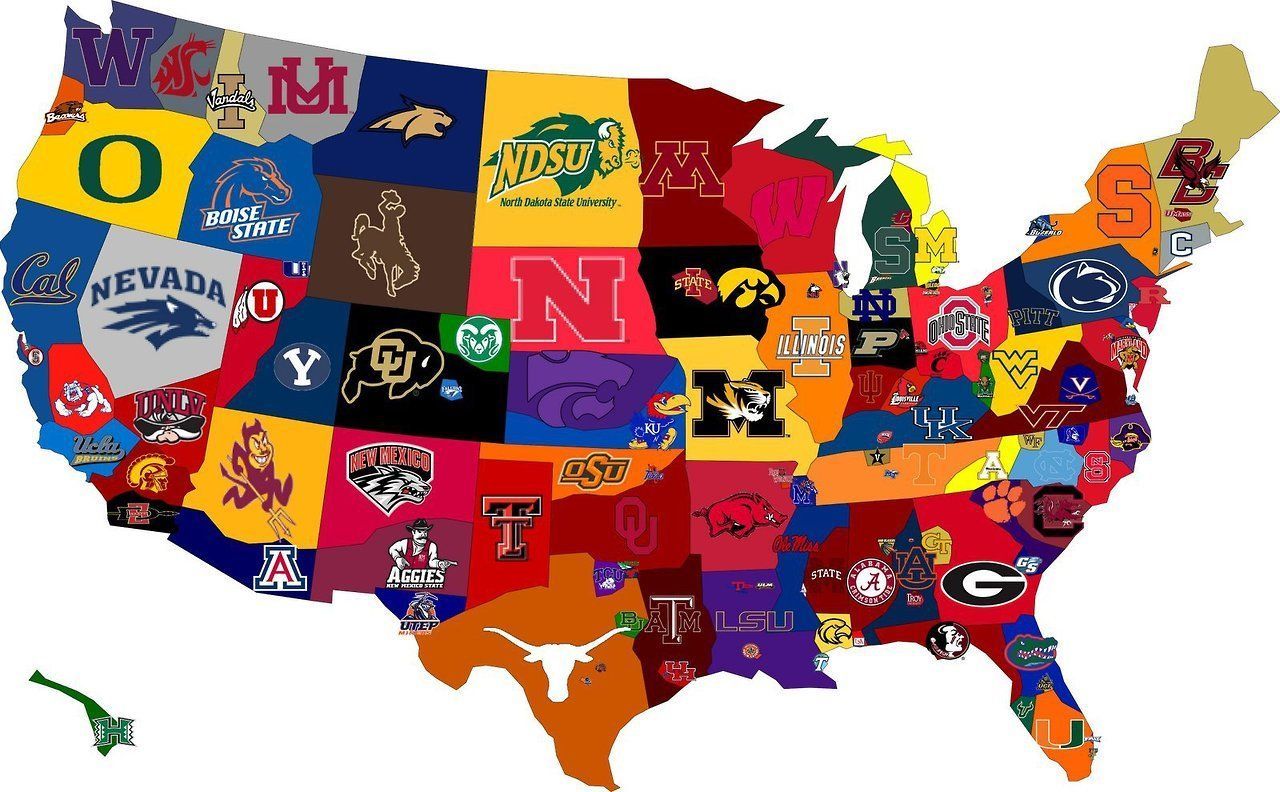PLAYING TIME, WHAT IS IT GOOD FOR? ABSOLUTELY… SEVERAL THINGS!
Understanding the importance and balance of playtime and challenge in different players and age groups
By Jon Nascimento, Director of Youth Development

Playtime is one of the biggest conundrums of youth sports. The concept is contradictory on its own. We can all agree that players need a significant amount of time in matches in order to properly develop but we also understand that players should be limited in their exposure to challenges that can make the experience frustrating and not conducive to learning. The concept of play-time does not mean that every player should get equal time. A significant amount of time may or may not be equal to that of their teammates. In general, coaches will be looking for enough time for the player to experience a sufficient combination of challenges and successes to help in the learning and development of the 4 pillars of the game (technical, tactical, psychological and physical). Playtime, however, should not be evaluated only in the context of games, but also the involvement of the player in activities during practices. The entire purpose of practicing and learning the game is so players can eventually execute what they have learned in a competitive match. So, why is playing time important? Development begins with learning skills unopposed, then progresses to learning them with light pressure, which eventually goes into full pressure situations (training). The final step in this process is attempting these skills in real match scenarios and actual games. The added pressure of playing against other players (known or not), having parents watching as fans, wearing the uniform and not having coach at our side to guide us makes executing what we have learned much more difficult. A player cannot fully master a concept until they have attempted and successfully executed it several times in competitive matches. Therefore, players need enough opportunity to play and try the concepts they have learned, to master the concepts. On the other hand, this time has to be meaningful in terms of challenge as well; if the time provided is in an environment where the player is constantly overwhelmed, the higher amount of time may be counterproductive for the player. Having experience playing the right amount of time in competitive matches is absolutely necessary. Not every game is exceptionally important. However, there will be times when they will be. The aspiration is that all players will be able to perform within the Club’s game model and framework for the time they are on the field. Nonetheless, we must all understand that players that find themselves not yet prepared for matches with higher degrees of difficulty will most likely have higher levels of stress and anxiety which may further impair their performance. At the younger ages 7v7 and 9v9, we look for a more evenly distributed amount of playtime. Subject to the caveats described above, those teams are mostly in the discovery stage, so playtime of about 35% to 50% of the game represents a good guideline. Nonetheless, this “ball-park” estimate does not overrule situations in which the player is struggling with the level of the competition, the player is sick or hurt, the player is not displaying effort or the player is not complying with team and club rules and values. It is important to understand that these previous estimates do not represent a guarantee or hard rule of playtime but rather a guideline or expectation for the younger age group based on the player’s effort, ability and behaviors. As players get older and step into the development (U12 through U15) and delivery (U16 through U19) stages, the concept of “Playtime is Earned” takes a heavier role in the coaches’ decisions and players may see very drastic variances in their game involvement. Unguaranteed Playtime also provides some important life lessons, such as; the idea of recognizing that results get rewarded; the value of effort and hard work to earn a spot and understanding the need for different roles in the team, there are moments to have the spotlight and moments to support in the background. Finally, a key point in all of this is that not everyone needs to get playtime on the most competitive team, the soccer journey is long and we all grow at a different pace. A player should not be sitting on the bench for the most competitive team when they could have more minutes with a team facing a more accessible challenge level. Even professional teams have reserve teams and extra competitions where they can provide extra minutes for players with less exposure. Playtime is arguably the most underrated and the most important part of development. So, please allow us to take inspiration from the classic 1970’s music hit from Edwin Starr and say… Playtime, huh!, yeah! What is it good for? Absolutely… Several Things!
PLAYING TIME, WHAT IS IT GOOD FOR? ABSOLUTELY… SEVERAL THINGS!


